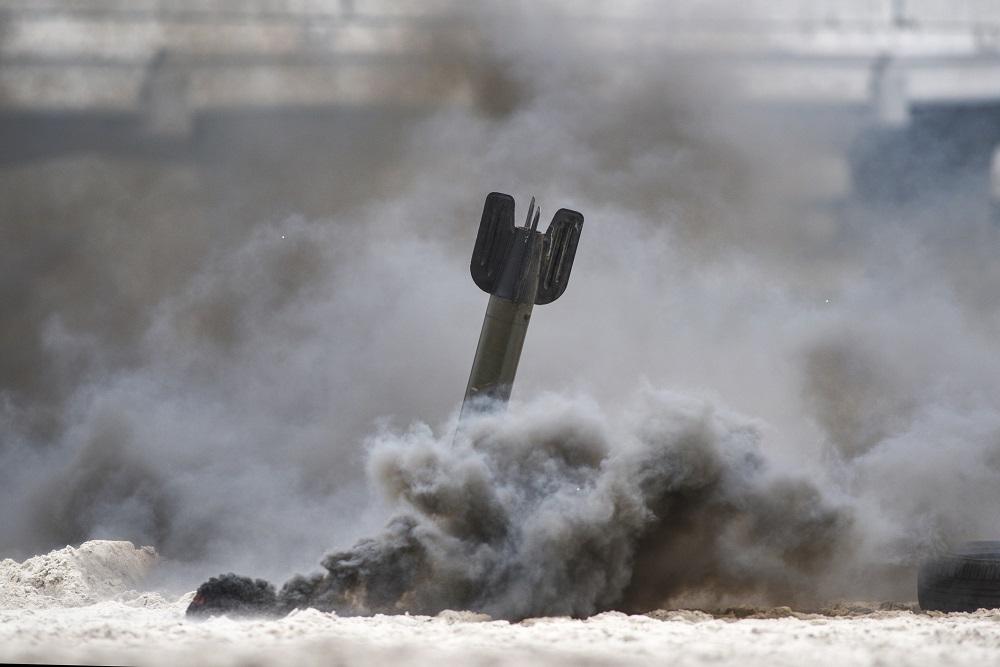
Moscow’s recent claims that Kyiv is planning to use a dirty-bomb have been condemned as ‘transparently false’ by France, the UK and the US. Given the renewed focus on nuclear threats, ASPI’s Alex Bristow asks Kelsey Hartigan, deputy director of the Center for Strategic and International Studies’ Project on Nuclear Issues, about progress on non-proliferation issues, risk reduction and the links between integrated deterrence and non-proliferation.
Phase 3 of the Defence Department’s Land 400 project and the suitability of infantry fighting vehicles to the Australian Defence Force’s future needs are hotly contested. Marcus Hellyer, ASPI’s senior analyst for defence economics and capability, speaks to Albert Palazzo, adjunct professor at UNSW Canberra, about the ADF’s proposed acquisition of the vehicles and whether the scenarios in which they might be deployed merit such an expensive purchase, something Palazzo wrote about his recent ASPI report, Deciding the future: the Australian Army and the infantry fighting vehicle.
Pakistan recently experienced its worst floods on record, with more than nine million people displaced and around two million homes destroyed. ASPI’s Will Leben speaks with Pakistan’s high commissioner to Australia, Zahid Hafeez Chaudri, about the impacts and long-term threats of climate change for Pakistan, the role of the military in disaster response, and climate compensation.
Last week, the new Labor government delivered its first federal budget. ASPI’s Marcus Hellyer explains why the government has kept its defence powder dry, setting the scene for some difficult decisions in the first half of next year.